Life
Sign up for our newsletter
We summarize the week's scientific breakthroughs every Thursday.
-
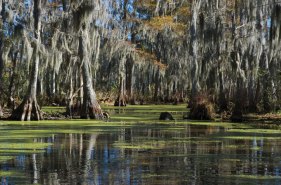 Ecosystems
Ecosystems‘Fen, Bog & Swamp’ reminds readers why peatlands matter
In her latest book, author Annie Proulx chronicles people’s long history with peatlands and examines the ecological value of these overlooked places.
By Anna Gibbs -
 Ecosystems
EcosystemsA Caribbean island gets everyone involved in protecting beloved species
Scientists on Saba are introducing island residents to conservation of Caribbean orchids, red-billed tropicbirds and urchins.
By Anna Gibbs -
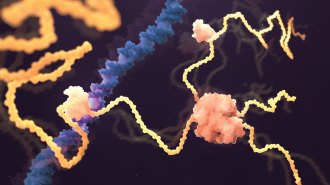 Life
LifeHas AlphaFold actually solved biology’s protein-folding problem?
An AI called AlphaFold predicted structures for nearly every protein known to science. Those predictions aren’t without limits, some researchers say.
-
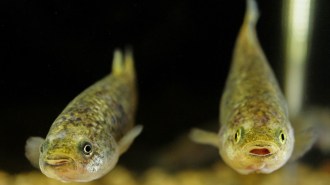 Animals
AnimalsAfter eons of isolation, these desert fish flub social cues
Pahrump poolfish flunked a fear test, but maybe they’re scared of other things.
By Susan Milius -
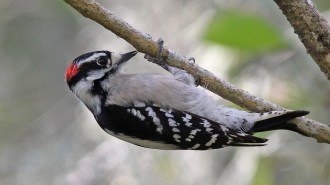 Animals
AnimalsDrumming woodpeckers use similar brain regions as songbirds
Woodpeckers drum on trees and other objects using brain regions similar to those that songbirds use to sing, suggesting a common evolutionary origin for the complex behaviors.
-
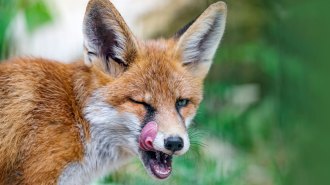 Animals
AnimalsVideo shows the first red fox known to fish for food
Big fish in shallow water are easy pickings for one fox — the first of its kind known to fish, a study finds.
By Freda Kreier -
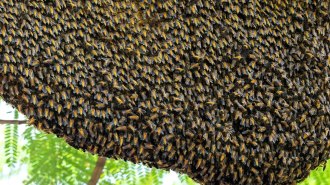 Life
LifeHere’s what triggers giant honeybees to do the wave
A new study is revealing details about what sets off a defensive behavior in open-nesting bees known as shimmering.
By Ananya -
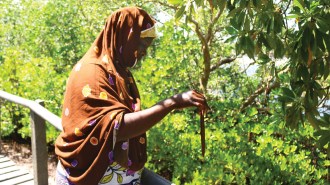 Climate
ClimateHow Kenyans help themselves and the planet by saving mangrove trees
Communities in Kenya took action to restore their coastal mangrove forests, reaping economic and environmental benefits. Others are following suit.
-
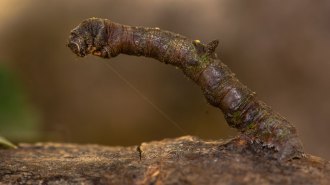 Life
LifeNot all camouflage is equal. Here are prey animals’ best options
When prey masquerade as innocuous objects in the environment, they slow detection from predators by nearly 300 percent.
By Jake Buehler -
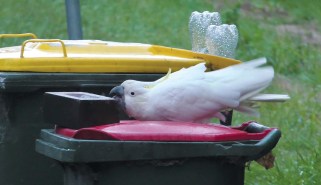 Animals
AnimalsNeed to keep cockatoos out of your trash? Try bricks, sticks or shoes
In Sydney, humans may be in an escalating arms race with cockatoos. People are trying new tools to keep the pesky parrots out of their trash.
-
 Genetics
GeneticsCan’t comb your kid’s hair? This gene may be to blame
Scientists linked variants of one hair shaft gene to most of the uncombable hair syndrome cases they tested.
By Meghan Rosen -
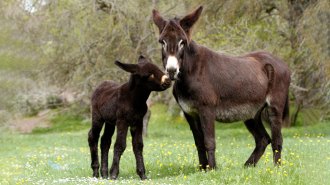 Animals
AnimalsDNA reveals donkeys were domesticated 7,000 years ago in East Africa
When and where donkeys were domesticated has been a long-standing mystery. DNA now reveals they were tamed much earlier than horses.
By Freda Kreier